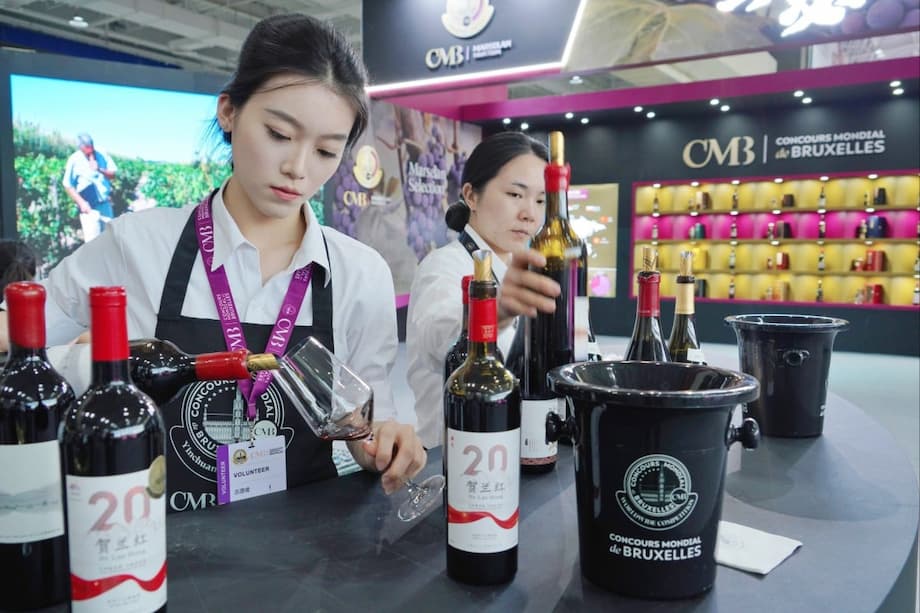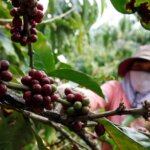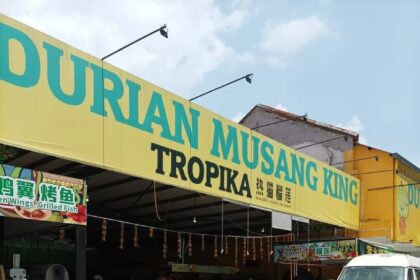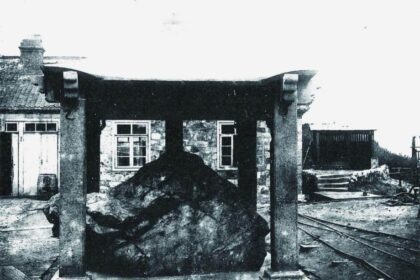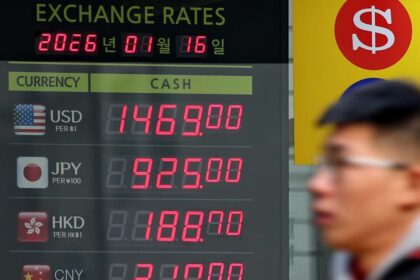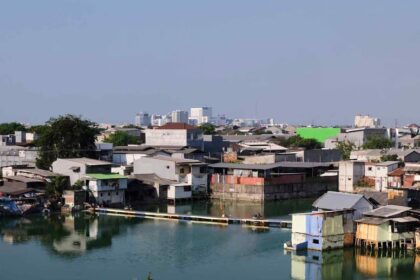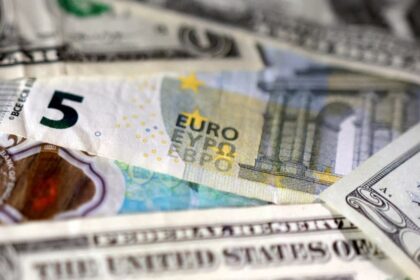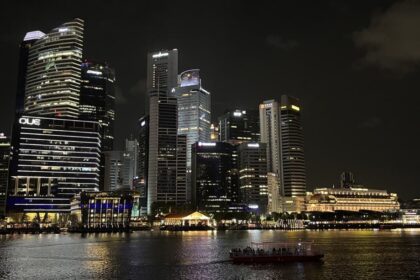North Korea’s Surprising Rise as a Top Importer of Chinese Wine
In a world where North Korea is often synonymous with isolation and scarcity, a surprising trend has emerged: the country has become one of the largest importers of Chinese wine. Recent trade data reveals that, despite international sanctions and chronic economic hardship, North Korea’s appetite for imported wine—particularly from China—has soared to record levels. This phenomenon offers a rare glimpse into the consumption habits of the country’s elite, the resilience of its trade networks, and the complex interplay of diplomacy and sanctions in East Asia.
- North Korea’s Surprising Rise as a Top Importer of Chinese Wine
- How Much Wine Is North Korea Importing from China?
- Who Is Drinking Imported Wine in North Korea?
- How Does Wine Reach North Korea Despite Sanctions?
- Is Imported Wine Reaching Ordinary North Koreans?
- Diplomacy, Sanctions, and the Future of North Korea’s Wine Trade
- In Summary
How Much Wine Is North Korea Importing from China?
According to Chinese customs data, North Korea imported 157,393 liters of wine from China in the first seven months of 2025—more than double the volume imported during the same period in 2024. This surge made North Korea the second-largest buyer of Chinese bottled wine by volume, trailing only Hong Kong. In terms of value, North Korea ranked fifth, with purchases totaling approximately US$545,000, behind Hong Kong, Singapore, Macau, and France. The trend is not new: North Korea was also China’s second-largest wine importer by volume in both 2023 and 2024, and it consistently ranks among the top five by value.
For context, in 2024, North Korea imported 233,245 liters of wine from China, valued at over US$710,000. The previous year saw an even more dramatic spike, with imports reaching nearly 460,000 liters and US$2.15 million—a 217% and 170% year-on-year increase, respectively. These figures are remarkable for a country where the majority of the population faces chronic food shortages and economic hardship.
By comparison, Hong Kong remains the largest destination for Chinese wine exports, with France, Macau, and Australia also featuring prominently. Yet North Korea’s position as a leading importer is striking given its small population and the severe restrictions it faces on international trade.
Why Is North Korea Buying So Much Chinese Wine?
The answer lies in a combination of geopolitics, sanctions, and the tastes of the country’s elite. Unlike the United States, Japan, and South Korea—which have banned luxury goods exports to North Korea, including alcoholic beverages—China has not imposed similar restrictions. As a result, China has become a crucial supplier of wine and spirits to North Korea’s ruling class, even as sanctions tighten elsewhere.
The United Nations has banned the export of luxury goods to North Korea since 2006, but alcohol is not included on the official list. The European Union, however, expanded its sanctions in 2017 to include wine, Champagne, beer, and sake among banned luxury items, making it difficult for North Korea to source fine wines directly from European suppliers. China’s continued willingness to export wine to North Korea underscores the close ties between the two countries and Beijing’s strategic interest in maintaining influence over its neighbor.
Who Is Drinking Imported Wine in North Korea?
Despite the large volumes of wine being imported, it is unlikely that the average North Korean has access to these products. North Korea remains one of the world’s poorest and most isolated economies, with much of its population relying on international aid to survive. Industry analysts and defectors agree that imported wine is primarily consumed by the country’s political elite and their inner circles.
Kim Jong-un, North Korea’s Supreme Leader, is known for his taste for luxury food and drink. Accounts from former personal chefs and foreign diplomats describe lavish banquets featuring premium Bordeaux wines, Cognac, and even Champagne. Kenji Fujimoto, Kim’s former personal chef, has recounted that Kim inherited his father’s taste for Bordeaux and often shared expensive wines at official functions. During the 2019 U.S.-North Korea summit in Hanoi, Kim reportedly took a keen interest in the quality and preparation of food and wine served at the event.
Online behavior also hints at the preferences of North Korea’s elite. Wine Searcher, a global wine information platform, has reported regular searches from North Korean users for mid-range Bordeaux wines as well as high-end labels like Pétrus and Château Margaux. Given the country’s tight internet restrictions, these searches are believed to originate from Kim Jong-un’s inner circle or top government officials.
Luxury and Power: The Role of Wine in North Korean Society
Wine and other imported luxuries serve as status symbols among North Korea’s ruling class. Reports suggest that department stores in Pyongyang have begun hiring professional sommeliers to curate premium wine selections for their clientele. Retailers are also partnering with overseas producers to import high-end wines exclusively for the domestic market. These trends mirror the consumption habits of elites in other countries, but in North Korea, they are set against a backdrop of extreme inequality and political control.
Dr. Choi Jinwook, a Seoul-based academic, has described Kim Jong-un’s penchant for fine spirits and wines as profound, suggesting that these indulgences may serve as a form of solace for a leader burdened by the pressures of power. The tradition of luxury consumption dates back to Kim’s father, Kim Jong-il, who was known for his extravagant tastes and often traveled with cases of French wine and Cognac.
How Does Wine Reach North Korea Despite Sanctions?
North Korea’s ability to import large quantities of wine from China highlights the resilience and ingenuity of its trade networks. Chinese brokers and middlemen play a key role in facilitating the flow of goods into North Korea, often using bonded zones and re-export channels to circumvent restrictions. The Guangdong Alcohol Industry Association has noted that many foreign wines, particularly from South America and Europe, reach North Korea through China’s northeastern provinces, especially Liaoning.
There is also evidence that some goods exported to China from other countries are subsequently rerouted to North Korea. An analysis by NK Pro found that at least 20 countries selling goods to China in recent years likely had their exports shipped onward to North Korea, including thousands of bottles of wine from Europe. This practice exploits loopholes in the global sanctions regime and underscores the challenges of enforcing international restrictions on North Korea.
The Role of China in North Korea’s Alcohol Trade
China’s decision not to restrict wine exports to North Korea is rooted in the two countries’ longstanding alliance and mutual interests. Diplomatic correspondence between Chinese President Xi Jinping and Kim Jong-un has emphasized the importance of bilateral ties and regional stability. As North Korea’s main trading partner and political ally, China provides Pyongyang with a vital economic lifeline, particularly as other countries tighten sanctions.
The resumption of cross-border rail freight and air travel following the end of North Korea’s self-imposed border blockade has further facilitated the flow of goods. Regular flights between Pyongyang and Beijing have resumed, and trade in alcohol and other goods has rebounded to pre-pandemic levels.
Is Imported Wine Reaching Ordinary North Koreans?
While the growth in wine imports is striking, it is important to recognize that access to imported wine remains highly restricted. The vast majority of North Koreans continue to face economic hardship, food insecurity, and limited access to consumer goods. Imported wine is largely confined to the capital, Pyongyang, and is primarily available in upscale department stores, hotels, and restaurants frequented by the elite.
However, there are signs of a growing middle class in North Korea’s urban centers. Anecdotal reports and photo galleries from Pyongyang suggest that foreign products—including wine, Swiss chocolates, and Italian delicacies—are increasingly available in small shops and restaurants. Chinese brokers act as intermediaries, ensuring a steady flow of goods into the country despite official restrictions. This emerging consumer culture is limited in scope but represents a significant shift from the days when foreign goods were virtually unobtainable.
North Korea’s Alcohol Trade Beyond Wine
Wine is not the only alcoholic beverage being imported in large quantities. Chinese customs data shows that North Korea also imported record amounts of whiskey, vodka, and other spirits in recent years. In the first nine months of 2023 alone, North Korea imported $2.31 million worth of wine and $2.87 million worth of whiskey via China. The total cost of imported hard liquors—including cognac, rum, vodka, and tequila—reached approximately $5.28 million during the same period.
North Korea has also begun exporting its own alcoholic beverages, such as beer, to neighboring countries. In 2025, bottles of North Korean beer began appearing on Russian shelves, following the signing of a Comprehensive Strategic Partnership Treaty between Pyongyang and Moscow. This development highlights North Korea’s efforts to diversify its trade partners and generate much-needed foreign currency.
Diplomacy, Sanctions, and the Future of North Korea’s Wine Trade
The surge in North Korea’s wine imports from China is emblematic of the broader challenges facing the international sanctions regime. While the United Nations and many Western countries have sought to restrict North Korea’s access to luxury goods, loopholes and uneven enforcement have allowed the country’s elite to maintain their privileged lifestyles. China’s continued willingness to export wine and other goods to North Korea reflects its strategic priorities and the enduring strength of the bilateral relationship.
As sanctions evolve and diplomatic dynamics shift, it remains to be seen whether North Korea’s access to imported wine will persist. For now, the country’s ruling class continues to enjoy the fruits of global trade, even as the majority of its citizens struggle to meet basic needs.
In Summary
- North Korea has become the second-largest importer of Chinese wine by volume, with imports more than doubling in 2025 compared to the previous year.
- Imported wine is primarily consumed by North Korea’s political elite, with little access for ordinary citizens.
- China remains a crucial supplier of wine and spirits to North Korea, as it has not imposed the same restrictions as other countries.
- Trade networks involving Chinese brokers and re-export channels help North Korea circumvent international sanctions.
- The surge in wine imports highlights the resilience of North Korea’s elite and the challenges of enforcing global sanctions.
- North Korea’s alcohol trade extends beyond wine, with significant imports of whiskey, vodka, and other spirits, and recent efforts to export beer to Russia.


